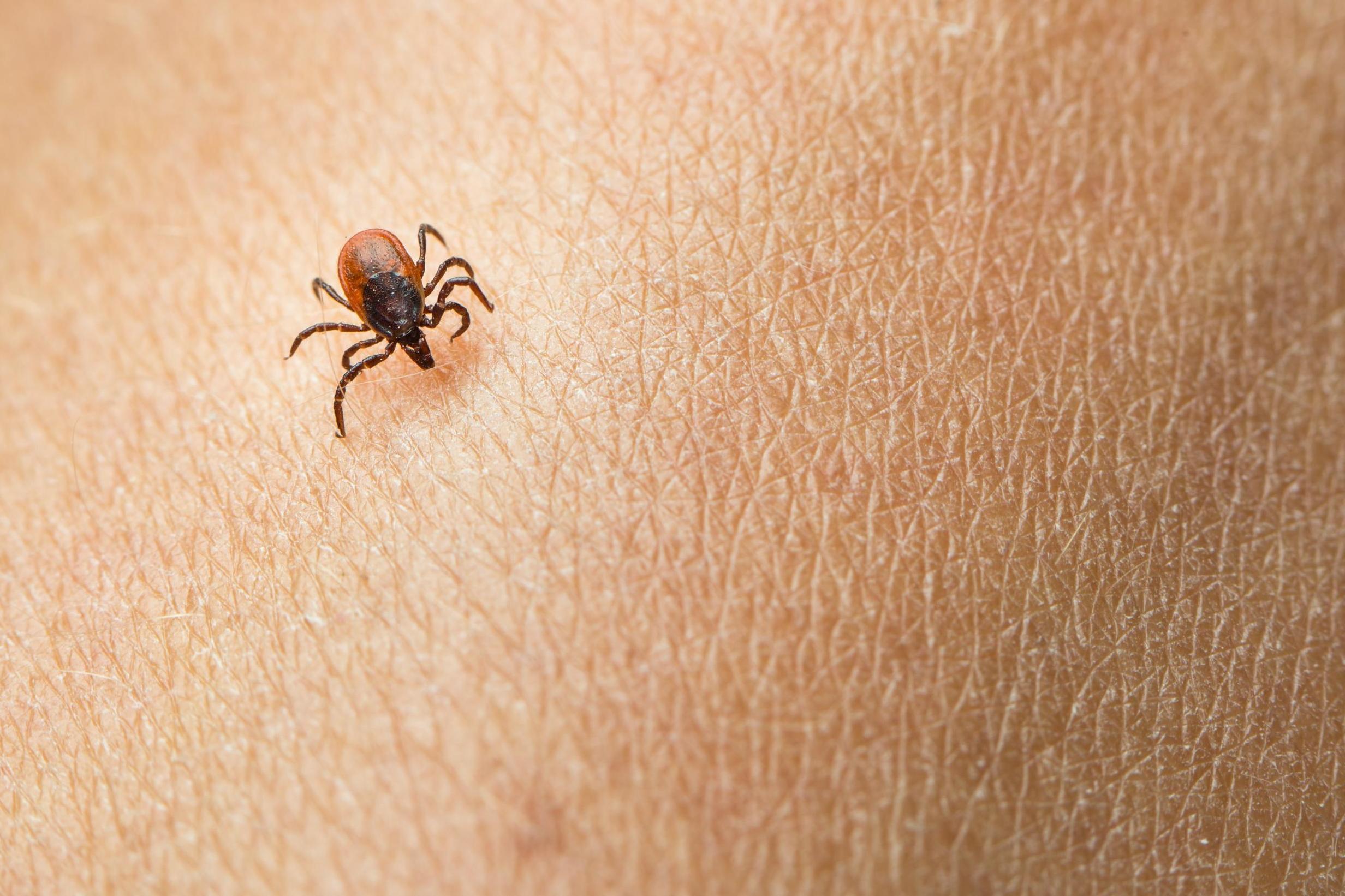Man with irritated eye goes to doctor and has tick pulled out
Tick made 'little popping sound' as it was pulled from his eyeball

A man who went to the doctor for an irritated eye discovered that the cause of his discomfort was a tick.
Chris Prater, an electrical worker from Kentucky, was working at a tree-cutting job in Johnson County when he felt something enter his eye.
“The thing of it is, I really didn’t want to go to the doctor,” Prater told WYMT. “I figured if it was something it would come out on its own."
Assuming the irritation was from sawdust, he flushed his eye but the discomfort continued - eventually prompting Prater to seek the help of an optometrist.
According to Prater, the doctor was immediately able to identify the source of his eye irritation.
New species list features bugs that feed on 'Titanic'
Show all 4“When the doctor finally comes in, he was looking at it. He said: ‘I know what’s in your eye.’" Prater recalled. “He said: ‘It’s a tick.’ That’s when I got scared a little bit.
“I leaned around and looked at him and I asked him if he was joking and he said ‘No, you have a deer tick or some type of tick.’”
To remove the tick, the doctor first numbed Prater’s eye and then used tweezers to pull the creature out.
“Once he grabbed ahold of it and pulled it off, the tick made a little popping sound when it came off of my eye,” Prater said.
According to Prater, who was sent home with antibiotics and steroid drops, he sprays himself with bug repellant everyday before work.
He also urged kids who are hiking or camping to spray themselves - but acknowledged that you can’t “spray your eyes”.
Fortunately, the situation is unlikely, according to Vivian Shibayama, OD, an optometrist with UCLA Health, who told Prevention it is “very uncommon” to find a tick on an eyeball.
If a tick does manage to make it to the eye area, they are most likely to be found on the lid.
Subscribe to Independent Premium to bookmark this article
Want to bookmark your favourite articles and stories to read or reference later? Start your Independent Premium subscription today.

Join our commenting forum
Join thought-provoking conversations, follow other Independent readers and see their replies